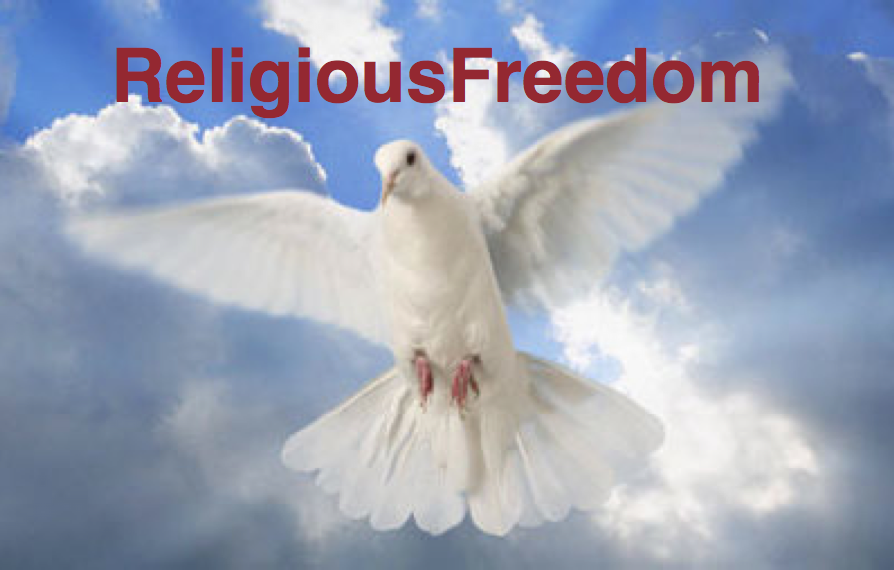The Function and Dysfunction
of Religion in our Secular State
of Religion in our Secular State
Statement by Prof. em. Dr. Christian Brünner
European Leadership Conference, Geneva, UN, 24.-26.3.2011
Session 2: Interreligious cooperation and the prevention of incitement to racial, national and religious hatred
United Nations Office Geneva (25 - 26 March 2011)
United Nations Office Geneva (25 - 26 March 2011)
__________________________________________
I. The secular state
It is said that our European states are secular ones. In the respective discussions it is not always clear whether such a characteristic is an unspecified demand or a general description of a reality. In the following, I refer to a reality, and I describe this reality by three aspects:
1. Religion is not a private matter, when and in so far as it is not only related to the individual and her/his relations to God (or whatever other term is used for the unknown), but also demands responsibility for an appropriate societal environment corresponding to the respective religious teaching. The same also applies to those who have an agnostic or atheistic view and who postulate freedom from religion, and they also struggle for a societal content which goes along with their conviction.
2. In a democracy, believers and non-believers will use all democratic instruments to influence and to shape the societal and political opinion and decision-making processes, in order to promote and implement their religiously or non-religiously motivated concept of state and society.
3. The consequence of the two above-mentioned aspects is that religion and its negation are visible in the state and society, and that the public space is neither entirely free, nor can it be kept free of religion or its negation.
It has become apparent that secularization, or secularism, has blurred this view. The fact is that religion and a life of conformity with a religious doctrine is or has remained of significance for people.



